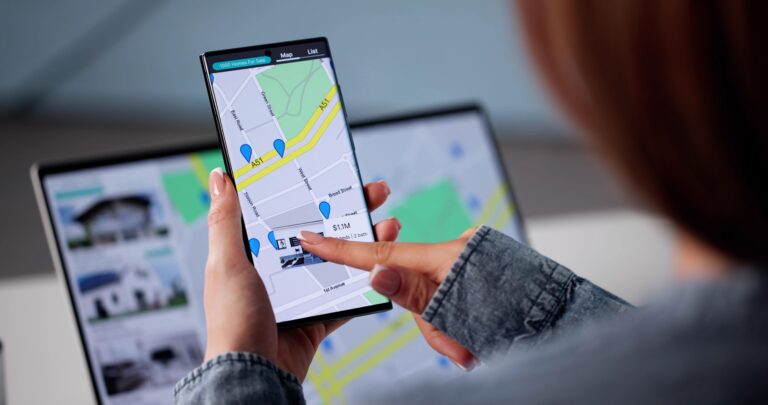Gen Z has grown up asking questions out loud to their phones, smart speakers, and now to generative AI tools. Instead of typing into search bars, many are now simply asking ChatGPT, Gemini, or other AI assistants for advice, recommendations, and even emotional support.
A 2025 study found that nearly 80% of Gen Z and Millennials use AI tools to find information or make decisions online, signaling a major shift in how young people access knowledge and form opinions.
This reliance on AI doesn’t come from laziness; it reflects a desire for speed, privacy, and connection. According to the American Psychological Association, Gen Z is the most digitally native generation in history yet also one of the loneliest. Many turn to AI chatbots when they feel unsure or vulnerable because the technology feels safe, nonjudgmental, and available 24/7.
Increasingly, younger generations are also trusting AI with emotional concerns, viewing these systems as confidants that listen without judgment and respond instantly. Over time, those private digital interactions start to build trust.
For many, AI now feels more approachable than institutions, teachers, or even family members. That’s why conversations that start with AI are increasingly shaping how young people think about identity, relationships, and even life itself.
Meeting Gen Z Where They Already Are
For pregnancy resource centers, this cultural shift carries both a challenge and an opportunity. The challenge is clear: if a young woman’s first instinct is to confide in AI rather than search for a local center, the answers she receives could shape her perception of pregnancy, abortion, and available support. The opportunity lies in meeting her where she already is online, searching quietly and often after hours.
That’s where life-affirming technology like Olive comes in. Launched by Choose Life Marketing this year, Olive is an AI assistant designed specifically for pregnancy help centers, offering private, compassionate, and accurate responses at any hour. Because Olive is available 24/7, she can respond in the moment when fear or uncertainty drives someone to seek answers without delay, judgment, or generic replies.
Unlike typical chatbots that give mechanical answers, Olive adapts naturally to real conversations. Her responses feel human and empathetic, creating a sense of trust that encourages women to keep engaging and eventually connect with a real-life center for help. AI is no longer just a tool; it’s becoming a trusted companion. And that reality changes how pregnancy centers must think about first contact.
The Future of Digital Compassion
Gen Z’s relationship with AI is reshaping how help is found and how truth is shared. For pregnancy resource centers, understanding that reality isn’t optional; it’s essential. The first conversation a young woman has about her pregnancy may not be with a person at all but with a chatbot. When that happens, the words she reads can either deepen her fear or open a door to hope.
By embracing life-affirming AI like Olive, pregnancy centers ensure that the digital spaces Gen Z already trusts become places of truth, empathy, and possibility, where every late-night question, every moment of doubt, and every cry for help is met with understanding, compassion, and the chance to choose life.
See for yourself how Olive is changing the way pregnancy resource centers connect with the next generation and schedule your demo today.









